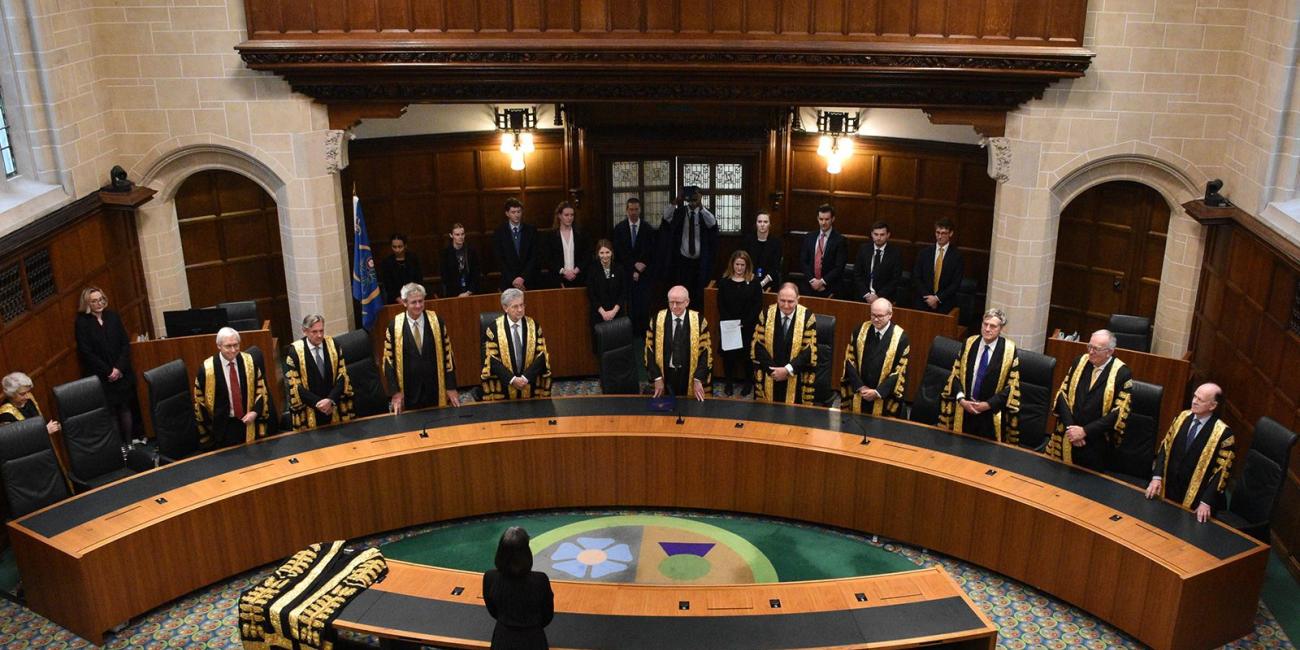
The United Kingdom Supreme Court has ruled that transgender women, including those holding Gender Recognition Certificates (GRCs), do not meet the legal definition of "woman" under the Equality Act 2010.
This landmark decision, delivered by five justices on Wednesday, could significantly impact longstanding advances in trans rights and has intensified calls to revise the Equality Act.
The case emerged from a legal challenge by For Women Scotland (FWS), a gender-critical campaign group. Supported by author J.K. Rowling and advocacy organisation Sex Matters, FWS contended that the term "woman" in the Equality Act should be interpreted based on biological sex rather than gender identity or legal documents.
The Scottish Government, aligning itself with trans rights supporters, argued that the Gender Recognition Act 2004—granting legal recognition of a person’s acquired gender via a GRC—should extend to protections under the Equality Act. However, the Supreme Court disagreed, citing “practical problems” in treating trans women as women under the law.
According to the justices, the terms “sex,” “man,” and “woman” in the Equality Act refer strictly to biological sex. Any other interpretation, they said, would render the law inconsistent and unworkable.
The court noted that redefining these terms could undermine protections for pregnant women and create confusion over legal provisions intended for single-sex spaces.
Lord Hodge remarked that equating “certificated sex” with legal sex would disrupt the definitions central to the Equality Act and weaken protections for sex-based rights, including those related to sexual orientation and single-sex spaces.
The ruling also warned of broader complications in areas such as women’s sports, single-sex associations, public sector equality duties, and military service.
In response, the UK Government welcomed the Supreme Court's decision, calling it a much-needed clarification of the law.
“We have always supported the protection of single sex spaces based on biological sex,” a spokesman said.
“This ruling brings clarity and confidence, for women and service providers such as hospitals, refuges, and sports clubs.
“Single sex spaces are protected in law and will always be protected by this Government.”








